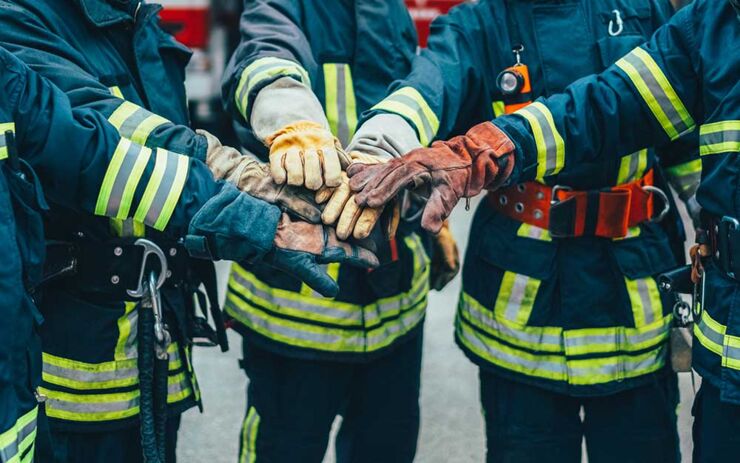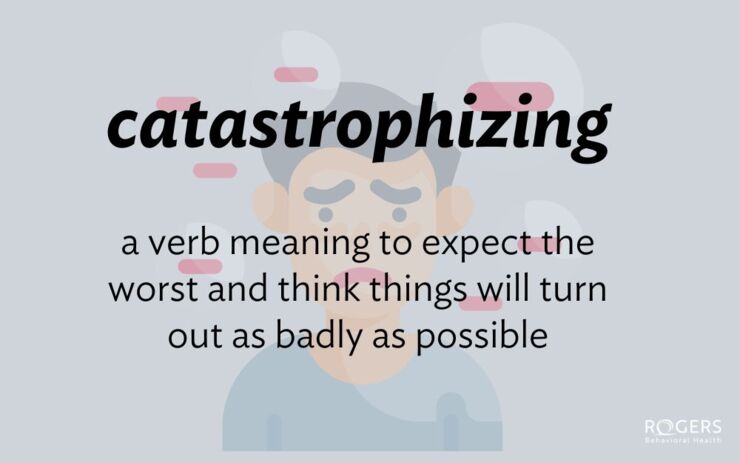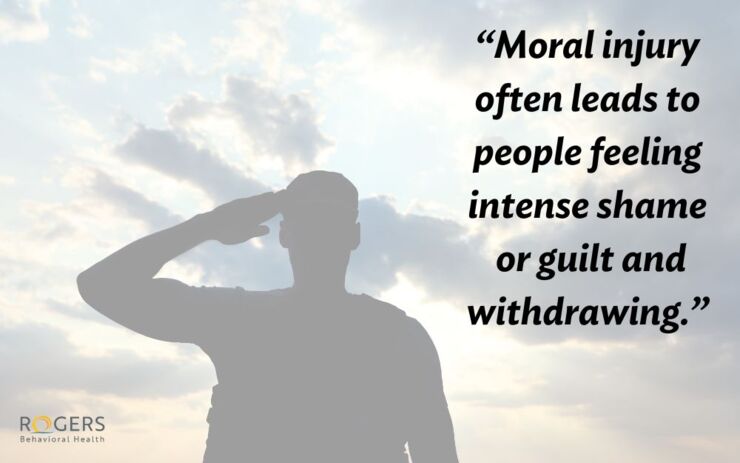Firefighter mental health informs advocacy
Posted on 06/19/24 03:08:pm
Share this article:
While firefighters are quick to respond the emergencies of others, many face their own personal battles.
Expanding work at Rogers Research Center is painting a clearer picture of mental health challenges within the profession with a survey of hundreds of firefighters and emergency medical services (EMS) professionals across Wisconsin.
Firefighters and mental health
Because of the nature of the job, first responders deal with unique stressors such as direct exposure to traumatic events, long and irregular work hours, disrupted and irregular sleep schedules, and the potential for significant physical and emotional strain. These factors contribute to elevated risk for conditions like depression, anxiety, post-traumatic stress disorder, substance use disorders, and suicidal ideation.
A report highlighted on the Centers for Disease Control and Prevention’s website says more firefighters are lost to suicide than from doing their jobs, and EMS providers are more likely to die by suicide than the general public. The National Fallen Firefighters Foundation estimates that there are between 100 and 200 firefighter deaths by suicide every year.
Traumatic events
While first responder advocacy groups raise the alarm, Rogers is continuing its partnership with the Professional Fire Fighters of Wisconsin Charitable Foundation (PFFWCF). The year 2023 marked the fourth consecutive administration of a statewide mental health needs assessment survey to professional and volunteer Fire and EMS professionals across the state.
The Professional Fire Fighters of Wisconsin (PFFW) represents 4,000 firefighters in more than 100 communities. Its charitable organization, PFFWCF, promotes fire safety and prevention while supporting burn survivors, firefighters, and communities.
“Historically, the PFFWCF has focused on health-related concerns with firefighters. Primarily, that had been advocating for cancer screening and regular physicals,” says Dr. Kelly Piacsek, PhD, vice president of research. “Then, they noticed concerning mental health trends. Understanding how significant the problem was, they were called to action.”
In 2018, the International Association of Firefighters (IAFF) did a survey with firefighters across North America. Wanting to fully understand the scope of the problem in Wisconsin, PFFWCF worked with Rogers to create their own statewide survey, using variations of a few of the IAFF’s questions along with new ones asking about topics such as addictive behaviors, sleep, and family relationships.
The anonymous statewide survey examines the impact of job-related critical stress and potential behavioral health consequences. It considers community type, role, professional status, work schedule, gender, years of service, critical incidents or traumatic events experienced, thoughts of self-harm or suicide, sleep issues, substance use, utilization of mental health services, and perceptions about mental health stigma within the field. Because of the partnership with Rogers and our clinicians and researchers, the survey was designed to include a variety of brief mental health screeners that might be used in a clinical environment. Although these are not diagnostic, they offer a reliable basis for determining which problems may be more likely or common for the respondents.
In past years, that survey has shown that more than 90% of respondents say they’ve experienced job-related critical stress or traumatic events and the majority report sleep concerns. In the 2021 survey, 16.5% of all participants screened positive for anxiety symptoms and 14.8% screened positive for depression symptoms.
In that survey, most respondents agreed they would support coworkers seeking mental health assistance. Of those who sought help from an Employee Assistance Program (EAP), nearly half said those services were helpful.
Impact of stress
In 2023, the Professional Quality of Life (ProQOL) measure was also distributed to participants as an optional addition for the second year in a row.
The ProQOL is a 30-item self-report tool designed to assess the impact of a person’s work on their overall well-being and quality of life – particularly in professions that involve helping or caring for others.
The survey measures three main components: Compassion Satisfaction (the positive aspects of helping others and the satisfaction derived from one’s work), Burnout (the negative aspects of work-related stress, exhaustion, and fatigue), and Secondary Traumatic Stress (also known as vicarious trauma or compassion fatigue experienced by individuals as a result of exposure to the trauma and suffering of others).
Of the 1,640 total participants in the 2023 administration, 854 participants opted to complete the measure. To Rogers’ knowledge, this is one of the largest samples of firefighters to have been surveyed with this tool.
“We need to understand how to help remove some of this burden which does seem to be related to the accumulative critical stress,” Dr. Piacsek says. “Over the years, it can pile on.”
Though she says it’s not all bad news: firefighters and EMTs consistently report a high degree of satisfaction with their work helping others.
“Across years of service, respondents are saying they feel like their job is important and they like helping people,” Dr. Piacsek says. “I think that’s a positive. Our challenge now is to ensure they are well-supported through those difficult and stressful job-related experiences.”
Firefighter mental health and wellness
Each year, participation in the survey grows, giving a better understanding of the challenges firefighters face, the progress toward reducing the stigma of mental health burdens in first responders, and the effectiveness and utilization of peer support and EAP resources.
Rogers Research Center also plans to donate the anonymous data to the ProQOL databank to help advance ongoing research.
Already, the survey and its results inform advocacy, prevention, and intervention strategies to combat the mental health challenges first responders face.
“The PFFWCF has invested time and resources into developing peer support training and providing pathways to more easily seek and refer for support, with an emphasis on reducing stigma,” Dr. Piacsek says. “I’m impressed at how quickly the PFFWCF has responded to insights from the survey and developed programming and resources to help their members thrive in such a challenging environment.”



